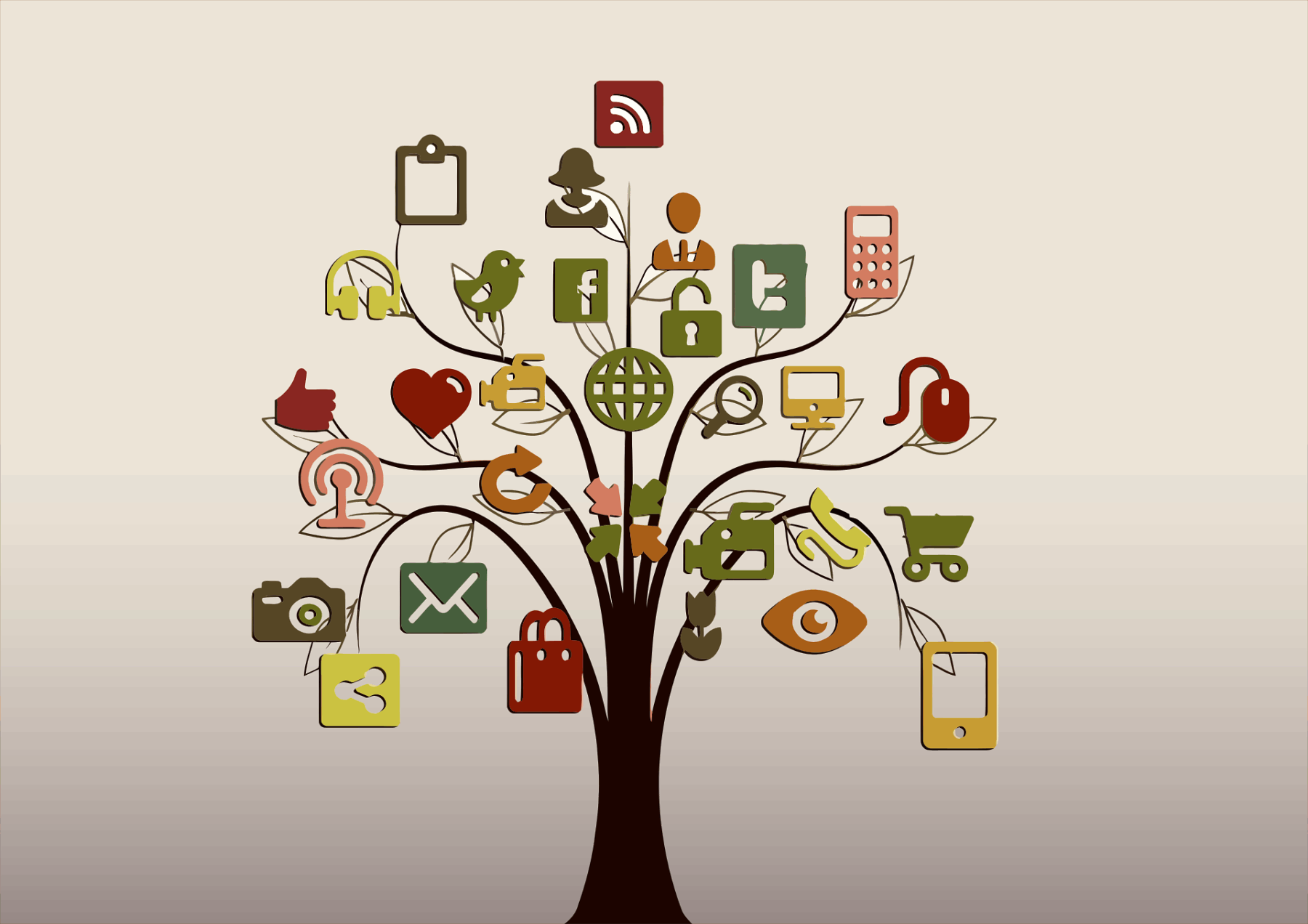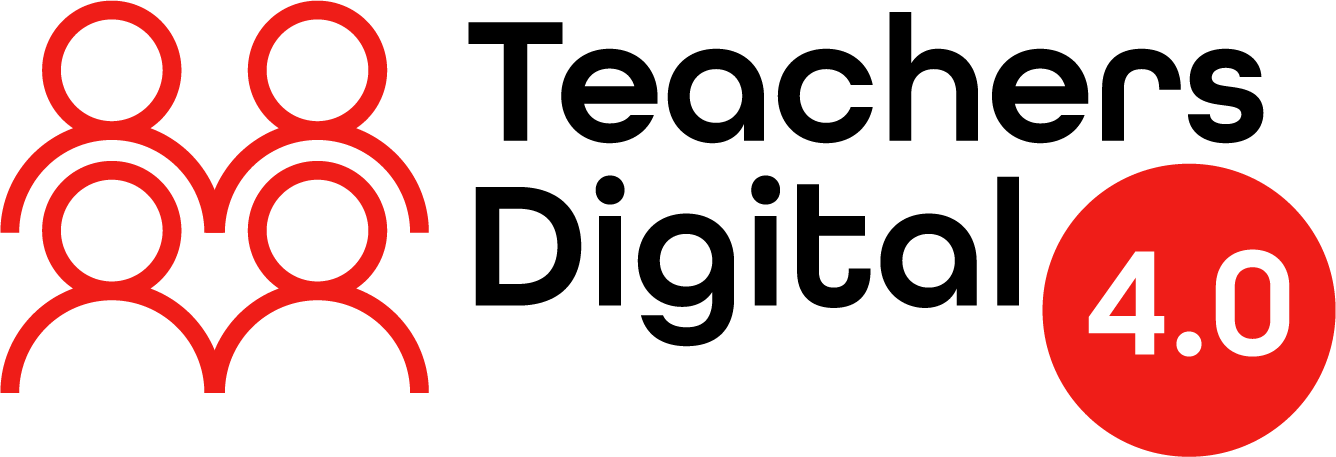
We live in an era where technology and the internet have become an integral part of everyday life. They are now essential tools for communication, work, learning and access to information, but for them to truly be within everyone’s reach, they must also be safe, accessible and understandable.
Although many young people have grown up in a digital world, this does not mean that everyone, young or adult, has developed the ability to critically navigate the vast sea of available information. The constant presence of digital content does not automatically translate into the capacity to understand, evaluate and transform it into meaningful knowledge.
This is where Digital media literacy (DML) comes in: a competence that concerns not only young people, but especially those who work in education. Teachers play a central role in the learning process and, for this reason, must be equipped to face the complexities of the digital world together with their students.
Digital media literacy is not just about using digital tools or platforms. It’s about how we interpret messages, construct meaning and relate to others and reality through media. It is a form of cultural and critical literacy that lies at the heart of contemporary pedagogy.
Today, teaching also means engaging with digital environments that influence students’ thoughts, emotions and relationships. Ignoring this dimension would mean allowing school to become irrelevant and detached from the present.
This is the context in which the European project Teachers 4.0 Digital was developed. The project aims to provide tools and training pathways for both in-service and future teachers, offering a structured and holistic approach that considers the various facets of digital education.
Today’s in-service teachers are working in increasingly complex educational environments: more diverse classrooms, hybrid learning settings, students’ widespread use of social media, the spread of fake news and the polarisation of public opinion. Yet, many have not received specific training to navigate these challenges.
Ongoing professional development should provide up-to-date tools that help teachers meaningfully and mindfully integrate technology into their teaching. A trained teacher can help students develop critical thinking, recognise manipulated information, challenge stereotypes and discrimination, and use digital media as tools for inclusion and active participation.
In this way, schools can become democratic spaces where media are not just tools but subjects of reflection, analysis and transformation.
Pre-service training (initial preparation for future teachers) is a crucial stage for building a strong professional identity. However, in many universities, reflection on digital media use is still marginal and often relegated to optional courses or left to individual initiative.
Teachers 4.0 Digital seeks to address this gap by promoting the integration of digital media literacy into university programs as a transversal competence, just as important as disciplinary teaching or inclusive education.
In practice, this means:
- practical workshops that combine critical theory and experimentation.
- interdisciplinary modules on the role of media in education.
- discussions on the ethics of digital teaching.
- independent creation of educational content (videos, podcasts, infographics).
A teacher who can read media critically is also better equipped to engage students, stimulate creativity and encourage independent thinking.
Digital education and inequality
Digital competences cannot be discussed without addressing inequality.
Many students, especially those from disadvantaged backgrounds, do not have equal access to technology or digital skills: this creates a cultural divide that goes beyond mere device availability.
A teacher trained in digital media literacy can act as a bridge between those immersed in digital languages and those excluded from them, recognising and valuing the informal skills many young people develop outside of school, such as on social media, in games or through online content.
Bringing these experiences into the classroom with a critical lens means recognising the value of youth cultures and using them as resources for learning.
The COVID-19 pandemic highlighted the urgent need to equip teachers with strong digital skills. However, the sudden shift to distance learning also exposed its limits: digital tools were often used in technical or mechanical ways, without real pedagogical reflection. Today it is no longer enough to simply “know how to use” technology. Hence, a shift in perspective is needed: DML must become an integral part of educational culture, which means rethinking how we build knowledge, stimulate critical thinking and prepare young people to engage in public life.
An educational and democratic challenge
Training teachers in DML means forming conscious citizens who can read and interpret the media-saturated world around us. In a time when information is abundant but not always reliable, school must become a space that gives meaning, promotes thinking and nurtures active citizenship.
Ultimately, DML is a pedagogy of complexity. It invites students and teachers to explore the present, ask questions and build answers together. It is a challenge that affects all stages of the teaching profession and one that can no longer be postponed.
In this context, the Teachers 4.0 Digital project aims not only to fill a training gap, but also to promote a shared vision of digital education as a fundamental pedagogical dimension. Preparing teachers to critically integrate media into their teaching means strengthening the school’s role as a space of inclusion, participation and democracy.
Teachers 4.0 Digital is not just a technical training initiative: it is a cultural investment, which places the educational value of technology, the importance of critical thinking and the need for a professional community capable of facing contemporary challenges at the core of its vision.
Only well-trained and supported teachers can turn school into a space where digital languages become tools for understanding, expression, and freedom.






